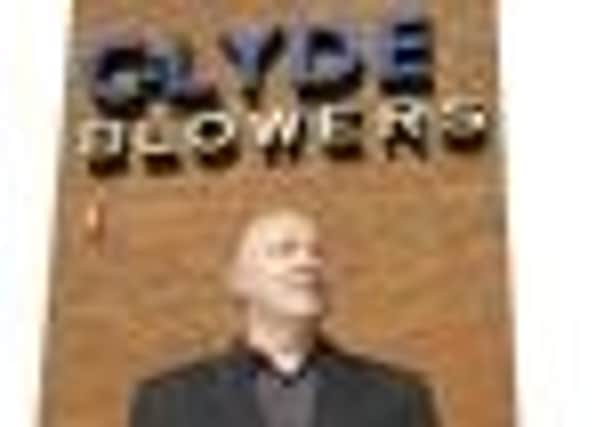Scottish independence: Business billionaire Jim McColl backs independence


Clyde Blowers boss Jim McColl also warns that the country’s economy is destined to “flatline” unless Chancellor George Osborne changes tack.
Mr McColl, who has previously expressed his support for a devo-max solution for Scotland, says he now believes such an option is no longer on the cards, and is backing an independent Scottish state within a “UK common market”. The option of full fiscal autonomy is not “gaining enough support to be realised in time to make the difference we all want to see for this and future generations”, he says.
Advertisement
Hide AdAdvertisement
Hide AdWriting in The Scotsman, the billionaire entrepreneur claims that the Scottish Government’s efforts to pull the country out of recession are being “constrained” both by the lack of economic levers at their disposal and by a UK government which “fails to recognise the importance of the construction industry and real upfront public investment”.


However, in a speech last night, Mr Osborne hit back, saying the SNP’s plans to keep Scotland in the UK monetary union would face the same fiscal handcuffs that are now being forced on nations which share the euro.
Mr McColl’s intervention comes just two days after Deputy First Minister Nicola Sturgeon was given the job of spearheading the independence campaign along with the infrastructure portfolio.
He says he backs the SNP’s argument that, with complete fiscal control, an independent Scottish Government could borrow more cash and build Scotland out of economic recession.


And he accuses Mr Osborne of failing to recognise the importance of the construction industry and real upfront public investment to the prospect of recovery. In a significant admission, he concedes that his favoured option – that of “full fiscal autonomy” within the UK – no longer appears to be on the table as a solution. Mr McColl’s intervention comes as a group of leading academics offers its backing to First Minister Alex Salmond’s plans for capital investment to stimulate economic growth.
Writing in The Scotsman’s letters pages today, Professor Sir James Mirrlees, Professor David Blanchflower, Professor Andrew Hughes Hallet and Professor Drew Scott, argue that jobs will be created only through the form of fiscal stimulus advocated by Mr Salmond.
Mr McColl’s concession that devo-max is not “gaining enough support” gives a clear pointer to the fact that the SNP is preparing to rule it out in the form of a second question in the 2014 referendum.
Advertisement
Hide AdAdvertisement
Hide AdMr McColl has previously said he would like more than one question on the ballot paper but would back independence if it was a choice between it and the status quo.
His support for independence comes after he backed the SNP at last year’s Holyrood elections, insisting that more fiscal powers were required at Holyrood to boost the economy.
The chairman of Clyde Blowers, which now comprises more than 90 firms across 30 countries, he is one of the richest men in Scotland, valued at more than £1 billion.
SNP figures will now be hoping that they can persuade other backers of a “more powers” option, like Mr McColl, to shift their support to independence as the only alternative to change.
His backing is not without controversy, however, due to the fact he has based himself in the tax haven of Monaco. Last year, asked about being a tax exile, he claimed it was “not a fair phrase”.
Mr Osborne last night issued a firm counter attack on the economic case for independence, seeking to compare the SNP’s monetary plans to the Eurozone.
Addressing the annual CBI Scotland dinner, he warned that the “remorseless logic” of the single currency was that it would always impose “greater fiscal and political integration” on countries, as stronger nations forced weaker ones to trim their spending in order to limit the likelihood of economic contagion.
He added: “So it’s difficult to argue for establishing a monetary union while pursuing fiscal and political separation.”
Advertisement
Hide AdAdvertisement
Hide AdHe also questioned how, if Scotland and England decided to pursue different paths on spending and borrowing, the Bank of England would find a borrowing rate suitable for both nations.
He said: “As Chancellor of the Exchequer, I have seen no such credible mechanisms proposed by those advocating independence. I am not clear they exist.”